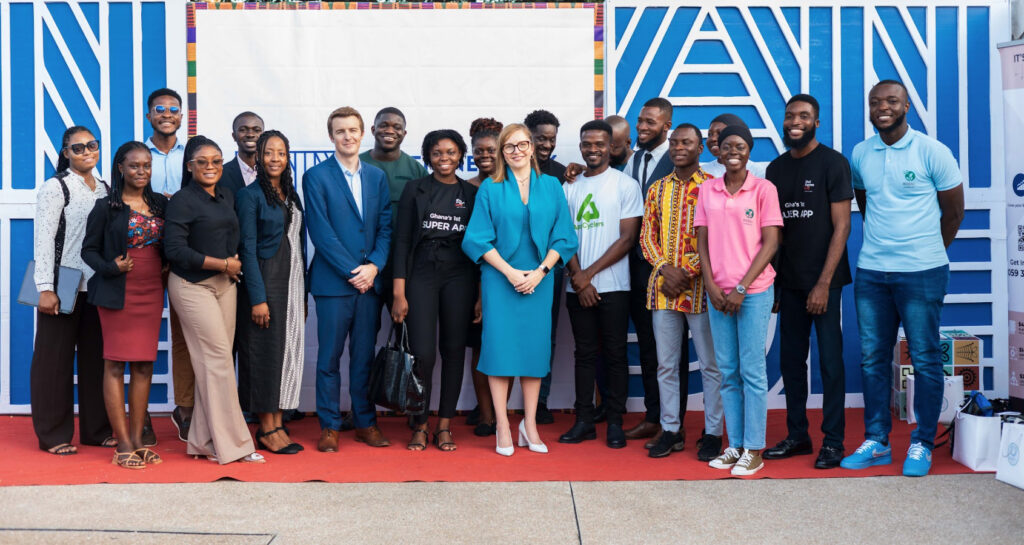
Copyright © 2023 Telesto Strategy LLC, All rights reserved.
After more than 15 weeks of programming – which included ~160 hours of workshops, fireside chats, office hours, and 1-on-1 sessions – we recently concluded our inaugural Climate Tech Accelerator Program at the Aspen Network of Development Entrepreneurs’ (ANDE) annual conference in Accra, Ghana. The culminating event of the 15-week Accelerator Program was the industry showcase, during which all 7 of our participating startups delivered their inspiring pitches to the audience at the conference.
While the ending of our Accelerator Program has been bittersweet, we are eagerly looking forward to the next one(s), both in Ghana and elsewhere in the Global South. For future iterations of the Accelerator Program, we intend to fully leverage key learnings from the inaugural program to continue to deliver evermore impactful programming that brings entrepreneurship and innovation to bear on the incredibly pressing challenge of climate change

Here are some of our key learnings so far:
Want to learn more about our Climate Tech Accelerator Program
You can read more about our Accelerator Program here:
Want to learn more about Connecting Climate Capital?
You can learn more about our efforts here:
